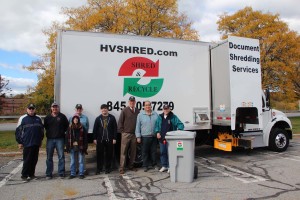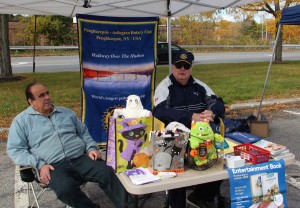This last calendar month of the year and going into the first calendar month of 2016 is a good time to reflect and take stock of your record keeping process. Every business has the responsibility to safely and securely store and dispose of personally identifying private information. Not to mention, the huge legal liability in the face of HIPPA, Gramm-Leach Bliley and the whole alphabet soup of federal and state legislation that holds businesses accountable.
There are a variety of privacy concerns to consider, in addition to setting the clients’ minds at ease. When it comes to document destruction and shredding services, the best way to ensure simplicity and quality is to hire an outside firm to shred your sensitive papers. For professionals such as lawyers, physicians, and accountants, the easiest and most efficient method happens to be the method required by federal law.
A company that uses a mobile document shredding unit is the best available, since the document destruction capabilities go wherever they’re needed. No matter your business, no matter the location, a mobile shredding service can handle the task for you.
When hiring a document shredding firm, be sure to ask whether it’s necessary for you to prepare the documents for destruction – and if it is, keep looking. The most efficient way to eliminate old documents and expired paperwork is to simply hand them over to the professionals in charge of shredding. Spending hours removing every paper clip, rubber band and staple isn’t a good use of your company’s time, so make sure the shredding-and-baling unit your document destruction firm uses is a powerful one.
If your firm generates a substantial amount of paperwork every week, it might be a good idea to hire a document destruction company that makes regular pickups. Many companies will provide disposal bins, complete with lock and key. Schedule a regular pickup time, and make sure to have one or two employees serve as a regular liaison to the document destruction firm’s representatives. Your clients’ privacy will be worth it.
HV Shred can service all of your mobile document destruction needs. We offer same-day and next-day service, as well as routine service without hidden fees or surcharges. Our document shredding and mobile document shredding practices all conform to shredding regulations outlined in HIPAA, GLBA, and FACTA
For more on best practices in identity theft protection and navigating the alphabet soup of legislation, please visit www.hvshred.com



